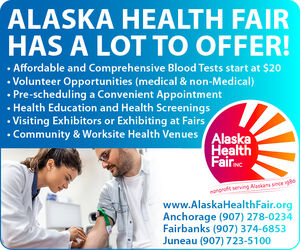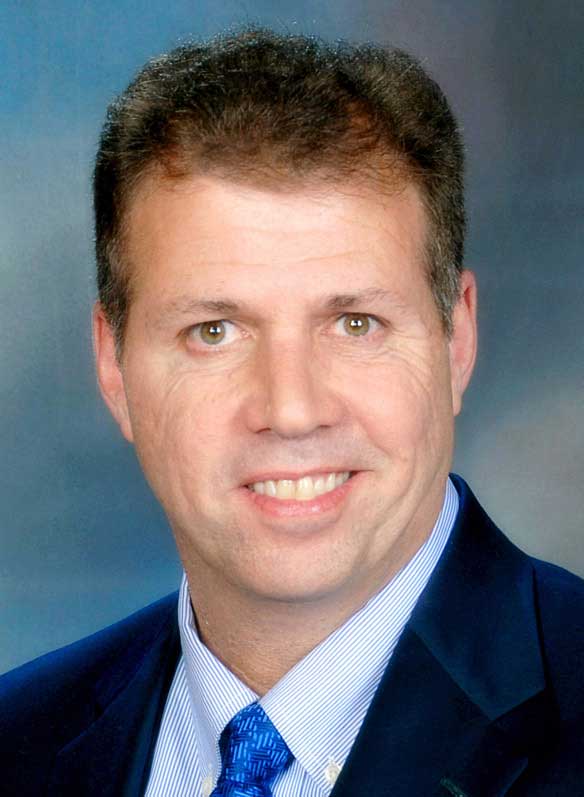Magnetic treatment effective for GERD
Also: Study suggests Facebook improves brain power
New magnetic approach to treating heartburn
It may be possible to replace your daily stomach medicine with a new magnetic device. It is called the LINX system and is composed of a series of titanium beads, each with a magnetic core. The beads are connected to form a ring shape and then implanted at the lower esophageal sphincter (LES), a circular band of muscle that closes the last few centimeters of the esophagus. The LES prevents the backward flow of stomach contents.
This new medical device is for treating gastroesophageal reflux disease (GERD).
“What we found is that the LINX magnetic device can solve GERD’s underlying problem, a weak sphincter,” said Dr. Santiago Horgan, who is with the University of California, San Diego School of Medicine. “The device corrects an anatomical defect that allows acids to move up the throat. For my patients, this has been an effective way to permanently treat this painful condition.”
He said it also improves the patient’s quality of life and eliminates the need for over-the-counter medications. Dr. Horgan said severe regurgitation was eliminated in 100 percent of patients, and nearly all patients (93 percent) reported a significant decrease in the need for medications. More than 9 in 10 patients reported satisfaction with their overall condition after having the LINX System. The patients in Dr. Horgan’s study reported suffering from reflux symptoms for a median of 10 years and taking reflux medications for a median of five years.
Dr. Horgan said the device is an alternative to Nissen fundoplication which involves irreversibly wrapping the stomach around the esophagus. The LINX System allows surgeons to leave the stomach intact and support the weak sphincter with a small device that can be removed.
Joining Facebook may help seniors boost brain power
If you are looking for a fun way to sharpen your mental abilities, you might want to consider logging on to Facebook. Preliminary research findings from the University of Arizona suggest that men and women older than 65 who learn to use Facebook may experience a boost in brain power.
Researchers Janelle Wohltmann set out to see whether teaching older adults to use the popular social networking site could help improve their cognitive performance and make them feel more socially connected. Her preliminary findings show that older adults, after learning to use Facebook, performed about 25 percent better on tasks designed to measure their ability to continuously monitor and to quickly add or delete the contents of their working memory. This is a function known in the psychology world as “updating.”
“It’s kind of this ‘use it or lose it’ hypothesis,” said Wohltmann, who is with the University of Arizona. “There’s also a large body of literature showing that people who are more socially engaged are less lonely, have more social support and are more socially integrated and are also doing better cognitively in older age.”
Wohltmann facilitated Facebook training for 14 older adults who had either never used the site or used it less than once a month. They were instructed to become Facebook friends only with those in their training group and were asked to post on the site at least once a day. A second group of 14 non-Facebook using seniors instead was taught to use an online diary site, in which entries are kept private, with no social sharing component. The study’s third group of 14 was told they were on a “wait-list” for Facebook training, which they never actually completed.
Prior to learning any new technologies, study participants, who ranged in age from 68 to 91, completed a series of questionnaires. The assessments were done again at the end of the study, eight weeks later. In the follow-ups, those who had learned to use Facebook performed about 25 percent better than they did at the start of the study on tasks designed to measure their mental updating abilities. Participants in the other groups saw no significant change in performance.
Wohltmann said much more research is needed, but said these initial findings are promising because they point to a simple and easy way to help socially connect many isolated older adults.
“Facebook is obviously a huge phenomenon in our culture,” Wohltmann said. “There’s starting to be more research coming out about how younger adults use Facebook and online social networking, but we really don’t know very much at all about older adults, and they actually are quite a large growing demographic on Facebook, so I think it’s really important to do the research to find out.”
John Schieszer is an award-winning national journalist and radio broadcaster of The Medical Minute. He can be reached at medicalminutes@gmail.com.









